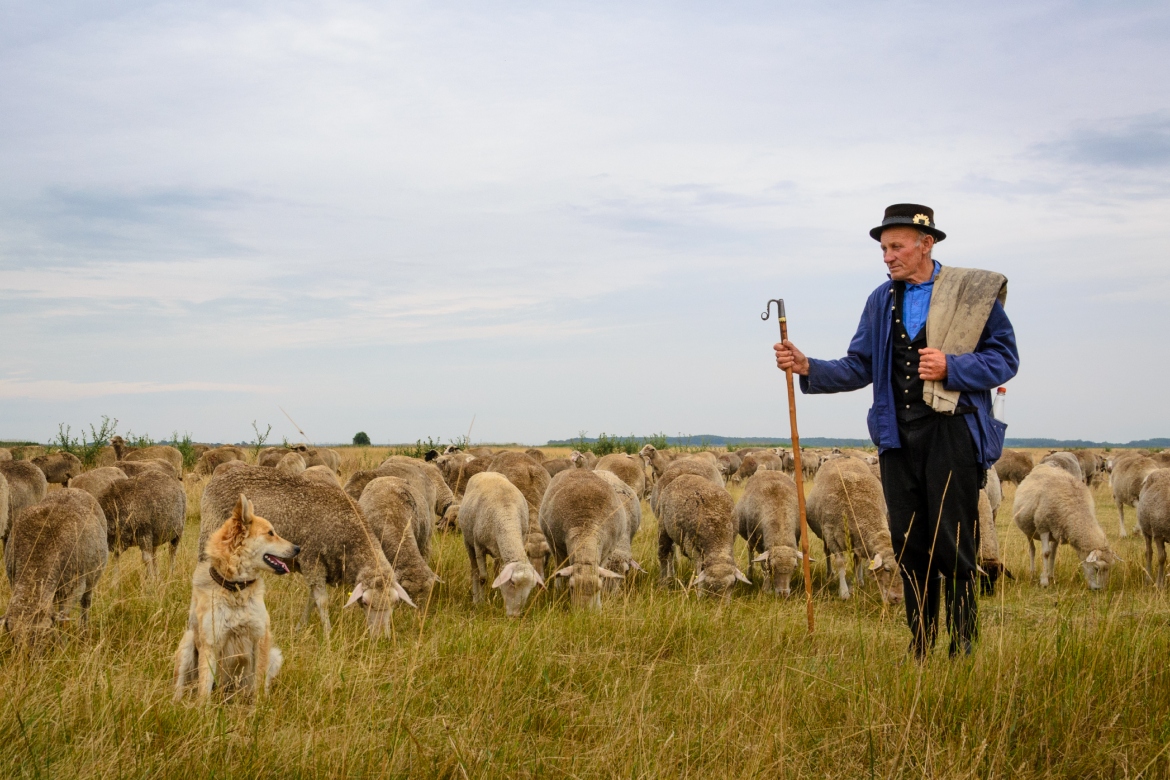- Title of the project: Locality Embedded in the Web of Global Transitions. Ecological anthropology mediating between local communities and global changes in the Carpathian Basin
- Duration of the project: September 1, 2020 – August 31, 2025
- Principal investigator: Dániel Babai, Department of Social Anthropology, Institute of Ethnology, HUN-REN Research Centre for the Humanities
- Project type: Lendület [Momentum]
- Funding organization: Hungarian Academy of Sciences
- Project number: Lendület_2020-56
The global ecological, economic, socio-cultural, and political drivers are shaping social-ecological systems, which are built on the relationships of farming communities and ecosystems to an unprecedented extent. The Momentum Ethnoecology Research Group focuses on studying the interconnectedness of social-ecological systems and their cultural responses, such as traditional ecological knowledge, to address environmental changes.
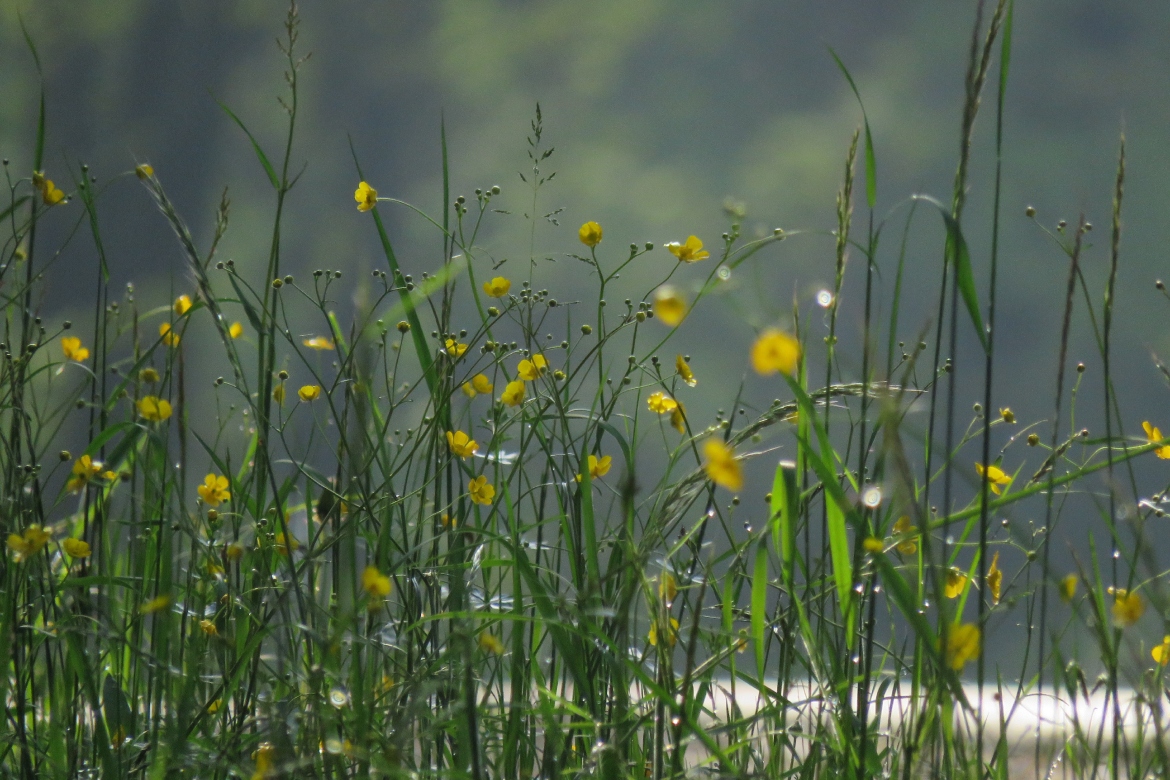
The research combines fieldwork methods from ecological anthropology and ecology. The anthropological data collection is based on participant observation, as well as fieldwork and semi-structured interviews exploring the practical experiences of the local community in relation to the landscape. Through botanical, zoological, and ecological surveys, the ecological data collection reveals the biological-ecological characteristics of the studied landscape and the impacts of land use on wildlife.
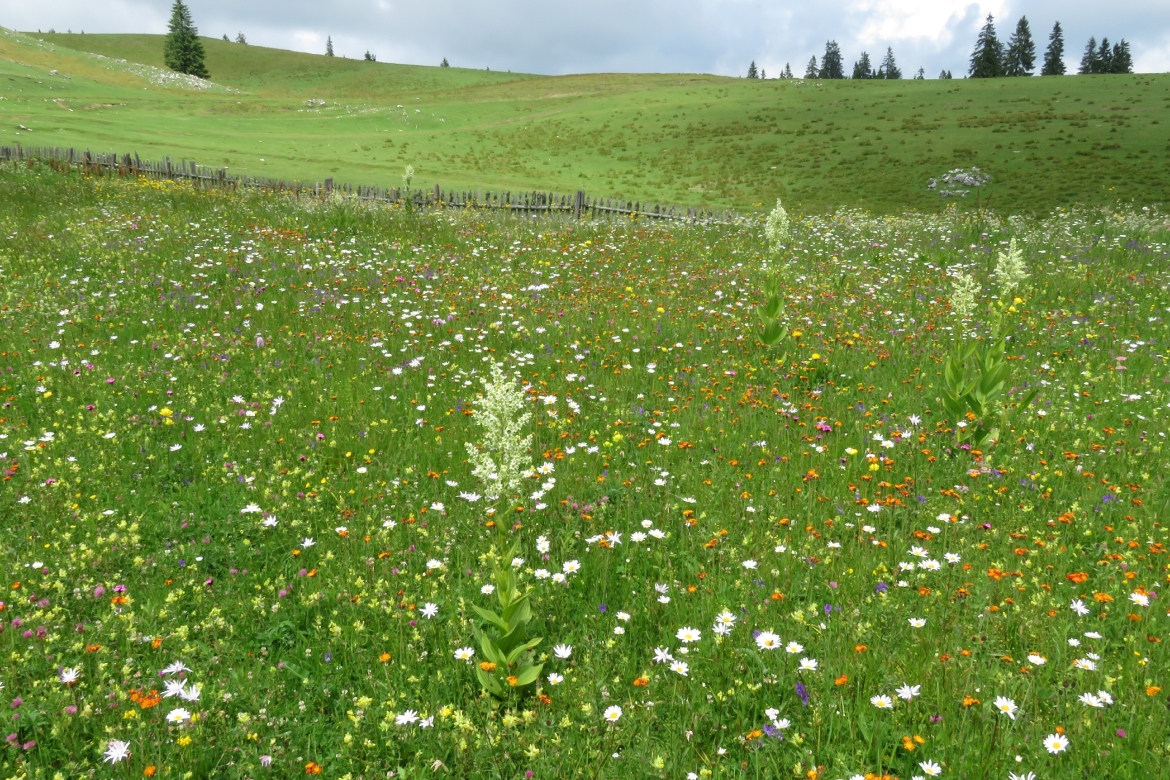
The research group documents the ethnobotanical and ethnozoological knowledge of communities in the Őrség, Gyimes, and along the Bosut river in Serbia, as well as the land use practices and their socio-economic context in these communities, the Swabian villages of Satu Mare and the herders of the Tisza region, the direct and indirect drivers of land use activities, and the mechanisms of ecological knowledge generation.
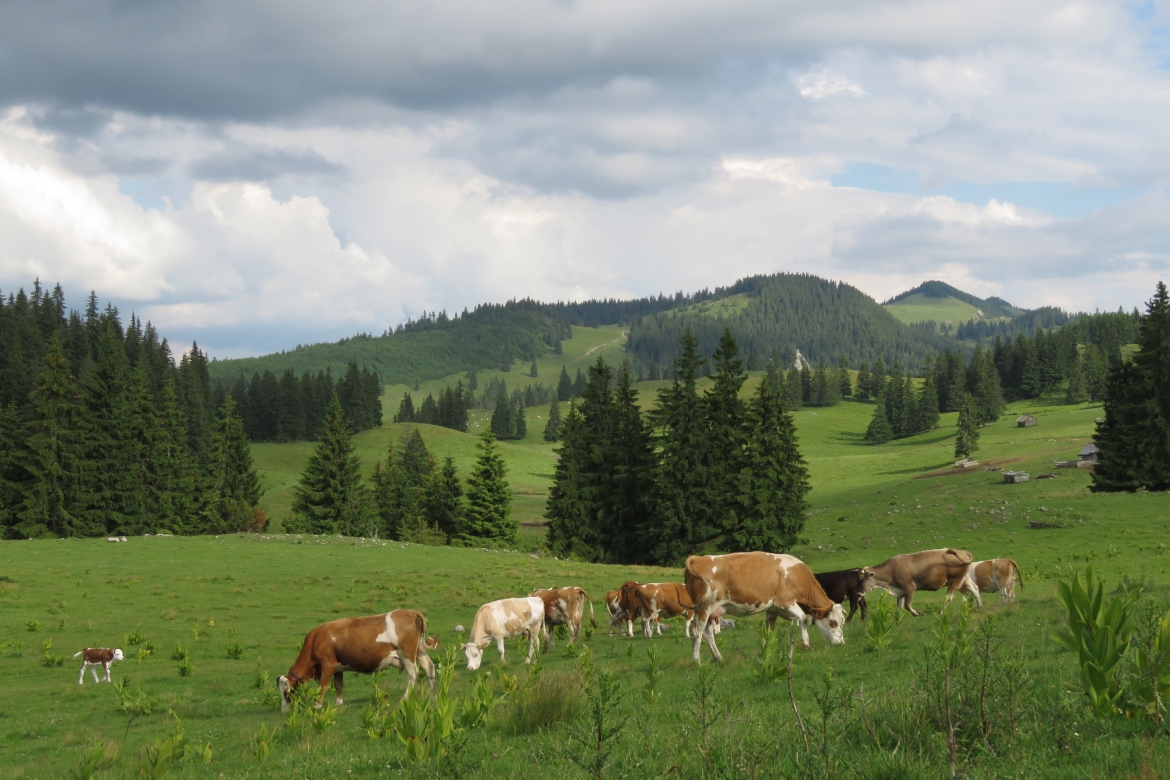
The results of the research will be published in prestigious international journals (11 articles), as well as scientific and educational books (7 published books) and disseminated through documentaries (2 films).
The ecological crisis of the 21st century has increased appreciation for cooperation with local communities, building on their practical experience of local ecological knowledge and their extensive landscape management practices. Their understanding facilitates a more complex and relevant interpretation of the functioning of social-ecological systems and a more sustainable natural resource management.
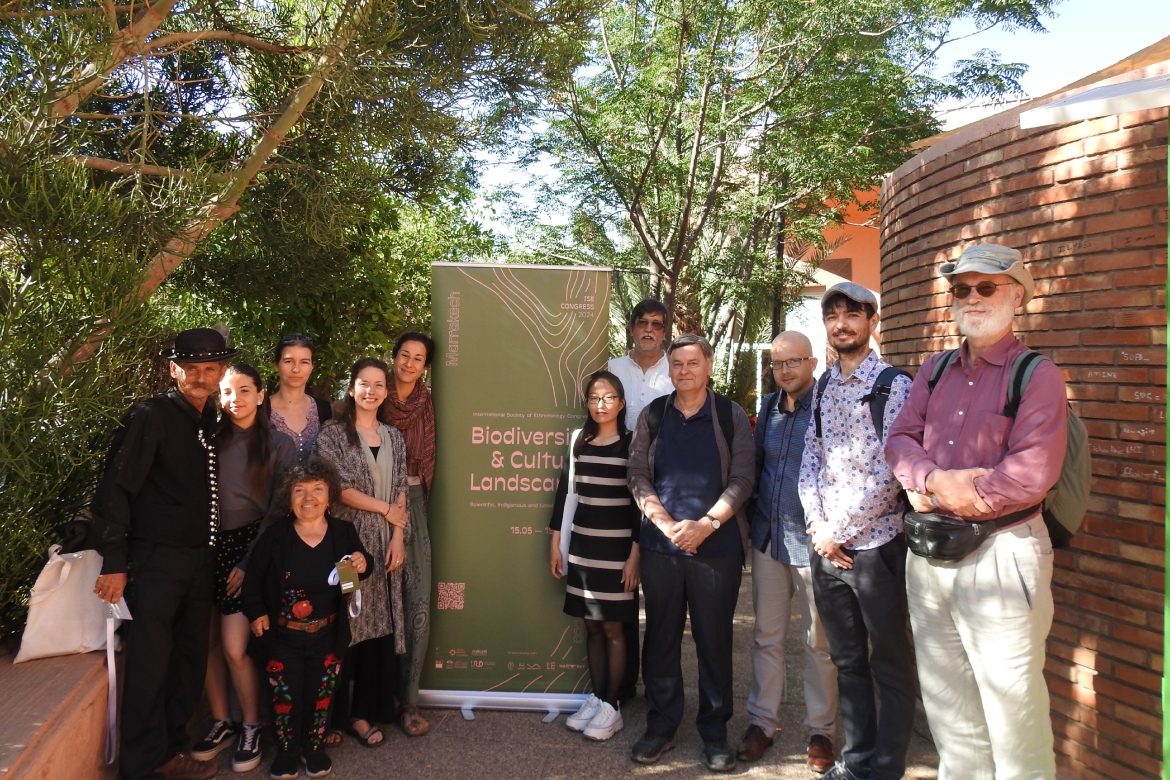
Several members of the research group are involved in the work of the Intergovernmental Science-Policy Platform on Biodiversity and Ecosystem Services (IPBES) and collaborate with internationally renowned researchers (e.g., Sandra M. Díaz, Universidad Nacional de Cordoba, Argentina (H-index: 109), Andy Purvis, Natural History Museum, UK (H-index: 96)).



